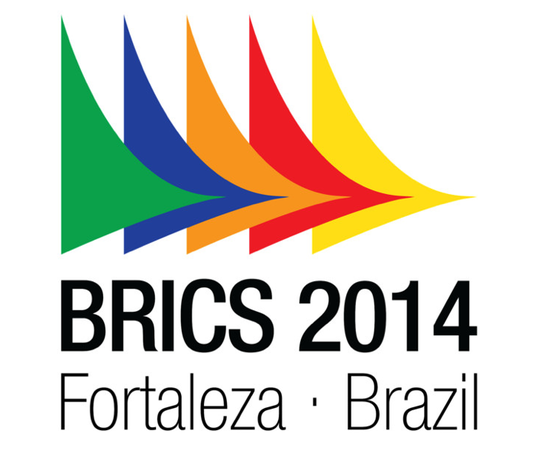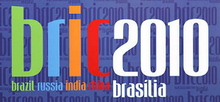The BRICS are not a group.
Martin Wolf, Financial Times
It’s time to bid farewell to the Brics.
Philip Stephens, Financial Times
Lack of unity is symptomatic of the BRICS members’ underlying incompatibilities.
Joe Nye, Harvard University
Since its first Summit, in 2009, BRICS has consolidated its position as a positive force for the democratization of international relations and for the enhancement of existing institutions of international governance. It has also forged an impressive partnership carrying out cooperation initiatives in more than 30 areas between its members.
One month before the 6th BRICS Summit, the Brazilian government has finally launched a website providing ample information about past summits, leaders declarations, and main areas and topics of dialogue between the BRICS countries. For the first time, journalists can quickly find out about intra-BRICS cooperation without hours of tedious research through non-functioning websites. Together, this information goes some way to establish a counter narrative against the general global consensus that the BRICS grouping is a weird and useless aberration set to fall into oblivion. Irrespective of who is right, the website will undoubtedly contribute to turning the debate into a more informed one, particularly since continuous intra-BRICS cooperation is virtually unknown outside a small group of specialists.
Reading the leaders declarations since 2009 provides interesting insight into how intra-BRICS cooperation has advanced over the past five years – even though, as Ambassador Graça Lima, Brazil’s summit sherpa, pointed out during a press briefing, the grouping’s institutionalization is still low.
Below some links to articles I have written over the years about past summits:
2009: Yekaterinburg (Russia)
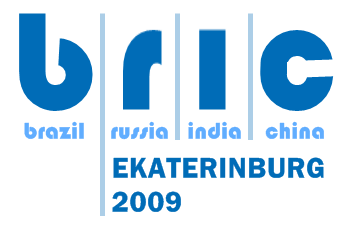
Emerging Powers and Status: The Case of the First BRICs Summit (Asian Perspective)
2010: Brasília (Brazil)
The Financial Crisis, Contested Legitimacy, and the Genesis of Intra-BRICS Cooperation (Global Governance)
2011: Sanya (China)
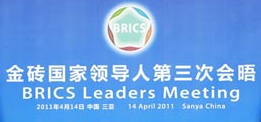
South Africa’s BRICS membership: A win-win situation? (African Journal of Political Science and International Relations)
2012: New Delhi (India)
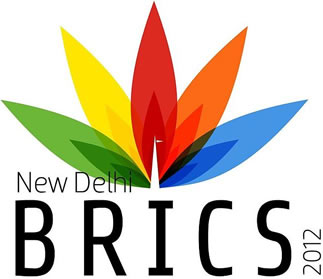
The BRICS and the Future of R2P: Was Syria or Libya the Exception? (Global R2P)
2013: Durban (South Africa)
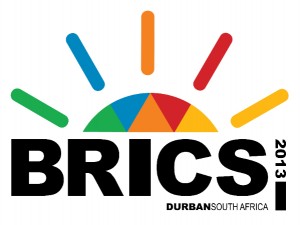
Can intra-BRICS cooperation advance amid economic gloom? (UNIDO Magazine)
BRICS fund is key step towards stronger intra-BRICS cooperation
Russia and the politics of the BRICS Contingency Reserve Arrangement (CRA)
While the World Cup will inevitably crowd out a broad discussion about the BRICS Summit, global attention is assured. The 2014 BRICS Summit will be one of the most important meetings of global leaders this year, bringing together the West’s no.1 enemy, the leader of the soon-to-be greatest economy, the leader of Latin America’s largest country, Africa’s most powerful (though increasingly embattled) leader, and the man who is supposed to bring India back on track, the latter on his first trip outside of Asia. The summit will be dominated by the creation of the BRICS Development Bank, and the lingering question of whether the institution may challenge existing Bretton Woods institutions, a powerful symbol of Western-led global order.
In addition, Brazil’s decision to invite all South American leaders to meet Xi, Modi, Zuma and Putin after the summit as part of an “outreach” is a shrewd attempt to position itself as the region’s leader and representative. If structured in the right way, the summit marathon in mid-July would not only help strengthen Brazil’s ties to the world’s leading emerging economies, but also show its neighbors that Brasília has a regional project that involves connecting the entire continent to the world.
Read also:
BRICS: There Is More Than Just the Summits
BRICS: One Should Socialize More
Argentina is not a BRICS country – even if it grew 10% per year


